Spartacus
(c. 111 BCE – 71 BCE)
The gladiator who turned a kitchen-knife jailbreak into Rome’s worst nightmare.
"Freedom isn’t free—it usually costs a few thousand Romans." — attributed to no one, but probably shouted by a naked Thracian covered in someone else’s blood.
The arena stank of iron, sweat, and resignation. Beneath a sun that could flay a man alive, two slaves circled each other with wooden swords, panting like hunted dogs. Around them, a Roman crowd roared for spectacle — not victory, not justice, just blood with flair. Somewhere up in the stands, a patrician’s fat fingers fiddled with grapes while below, a Thracian gladiator named Spartacus watched his chance to turn the whole Empire into an arena.
When the time came, he didn’t just win. He didn’t just survive. He left.
And in Rome, that was the worst insult of all.
The Thracian Mistake
Before he became the world’s most famous slave, Spartacus was a soldier. A Thracian auxiliary in the Roman legions — one of those mercenary wildmen Rome hired to bleed for them in foreign dust. Then he got sick of the hypocrisy, deserted, got caught, and ended up on the business end of a slave chain. They tossed him into a gladiator school in Capua, where men were fed like cattle, trained like dogs, and killed like entertainment.
Rome thought it could make him fight for applause.
Instead, it taught him how to kill efficiently.
By 73 BCE, Spartacus decided he’d had enough of dying to amuse wine-drunk senators. He and about seventy other gladiators broke out with whatever kitchen knives and skewers they could find — because nothing says “revolution” like escaping Rome with a handful of salad tongs. They raided a caravan of actual weapons on the way out and found themselves an army before they even knew what to do with it.
The Slave Army from Hell
They headed south, into the spine of Italy, gathering the desperate like a rolling avalanche of vengeance. Slaves, shepherds, deserters, criminals — the unwashed and the unavenged. Soon Spartacus had tens of thousands behind him. Some fought for freedom. Others fought for food. Most fought because they finally got to aim their hatred somewhere useful.
Spartacus was no philosopher of liberty. He didn’t scribble manifestos or dream of democracy. He wanted out — to cross the Alps and go home to Thrace. But the Romans, in their infinite arrogance, couldn’t imagine slaves wanting anything besides chains. So they kept attacking him. And every time they did, he broke them like rotten shields.
His rebel horde defeated praetor after praetor, legate after legate — the kind of military embarrassment Rome hadn’t seen since Hannibal was knocking on their gates. The Senate called him a “bandit.” Bandits don’t wipe out Roman armies. They just don’t. But Spartacus did — six of them. In a single year.
Fire in the South
By 72 BCE, the Italian countryside was a nightmare. Slaves were burning villas, crucifying overseers, and feasting on the wealth of men who’d once owned them. Rome’s plantations turned into charnel houses. Senators fled south in panic while the legions stumbled north in confusion. Spartacus’ army swelled to nearly 100,000.
He armed them like legionaries, drilled them like veterans, and even tried to enforce discipline. But there’s only so much you can do when your troops include runaway shepherds, Germanic berserkers, and ex-gladiators who thought decapitation was a greeting.
At one point, Spartacus’ men caught a Roman commander and made him fight in the arena — a delicious reversal that probably made every slave in Italy cheer. Then they sacrificed prisoners to honor their gods. Freedom had its limits, and those limits stopped well before mercy.
Rome Gets Serious
Eventually the Senate stopped pretending this was a local problem. They handed the job to Marcus Licinius Crassus — a man so rich he once bought a burning building just to own the ashes. Crassus had the money, the men, and the cruelty for the job. He revived discipline the old way — by decimation. Every tenth coward in a legion was clubbed to death by his comrades. Rome loved order. Crassus loved statistics.
Spartacus, meanwhile, tried to lead his army north again. But rebellion breeds chaos faster than loyalty. His lieutenants — the Gauls Crixus and Oenomaus — split off, got drunk on victory, and died under Roman steel. Spartacus still won several battles, even routed Crassus once, but the net was closing. Pompey was marching down from Spain. Lucullus was sailing from the east. The slave army was surrounded — trapped on the toe of Italy, cornered like the beast Rome always believed them to be.
The Last Stand
In 71 BCE, Spartacus made his final gamble. With tens of thousands of men and nowhere left to run, he chose to fight like a Roman — head-on, disciplined, organized. The last battle took place somewhere near the Silarus River. His men knew it was over. The Romans did too.
The field became a slaughterhouse. Roman pila punched through shields, slaves hacked with desperate fury, and the air was thick with mud and screaming. Spartacus, wounded, still charged forward — looking for Crassus himself. He killed two centurions before the tide swallowed him. When they found his body later, they couldn’t even identify it. There were too many corpses, too much carnage. The Thracian who made Rome tremble vanished into the dirt like a ghost.
Crassus crucified six thousand survivors along the Appian Way — a corpse every forty yards from Capua to Rome. A 120-mile billboard of Rome’s idea of “justice.” The crows feasted for months.
Aftermath & Myth
Rome wrote the story. History, as always, was penned by the men who owned the pens. They called him a bandit again. A slave. A fool who thought he could fight civilization itself. But the name didn’t die.
Centuries later, he became something else entirely: the People’s Hero, the prototype of the rebel who just won’t stay down. The Communists claimed him as the first revolutionary. Hollywood turned him into Kirk Douglas — square-jawed, noble, conveniently white, and somehow more about freedom of speech than stabbing centurions in the liver. The real Spartacus was no saint. He was just a man who refused to die on his knees.
Every empire needs its boogeyman. Rome’s was a Thracian with a sword and a grudge.
Legacy of Blood and Iron
The irony is that Spartacus lost — completely, brutally, and publicly. But his defeat shook the foundations of the most powerful empire on Earth. For generations, Romans whispered his name like a curse. For centuries after, slaves and revolutionaries shouted it like a promise.
Spartacus didn’t free anyone. He didn’t change the system. He didn’t topple Rome. But he made it bleed. And sometimes that’s enough — to remind tyrants that their victims still have teeth.
The road to Rome was lined with crosses. Somewhere among them hung a Thracian who refused to bow. His body rotted, but his legend never did.
Because the only thing Rome ever feared more than rebellion… was memory.
Spartacus lost the war — but he won the afterlife, and in history, that’s the only kind of freedom that ever lasts.
Warrior Rank #195
Sources:
Appian, The Civil Wars (Loeb Classical Library)
Plutarch, Life of Crassus
Barry Strauss, The Spartacus War (Simon & Schuster, 2009)
Keith Bradley, Slavery and Rebellion in the Roman World (Indiana University Press, 1989)
Ridley Scott, Gladiator (honorary citation for vibes)
Stanley Kubrick, Spartacus (1960) — for teaching everyone to say “I am Spartacus!” while wearing eyeliner and rebellion
Wikipedia editors who’ve been quietly fighting their own civil war in the footnotes since 2003

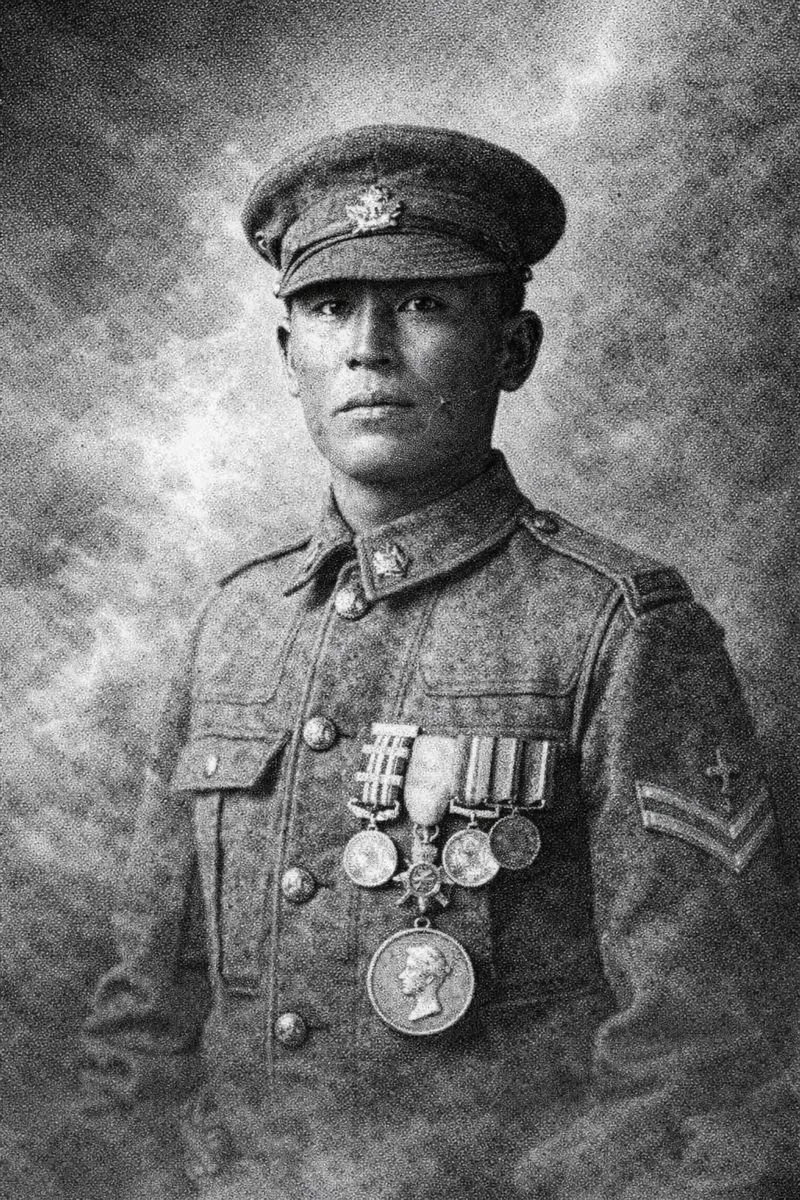
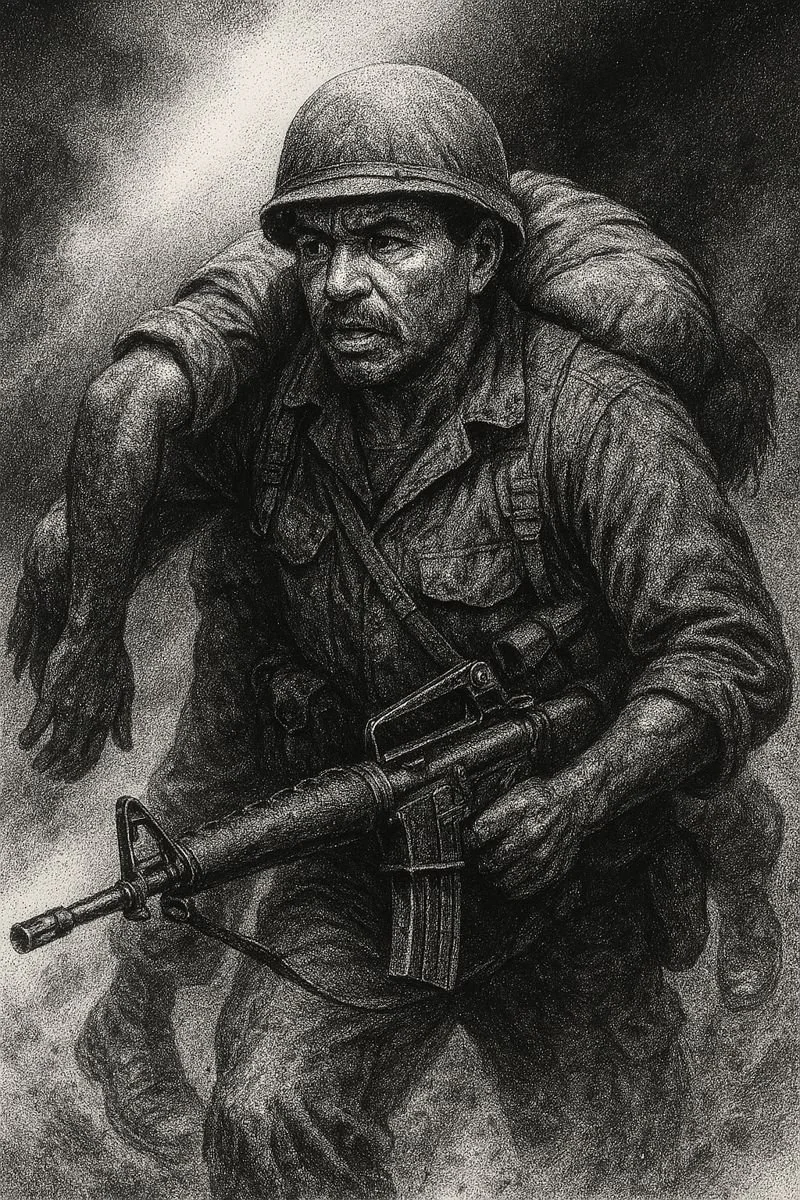

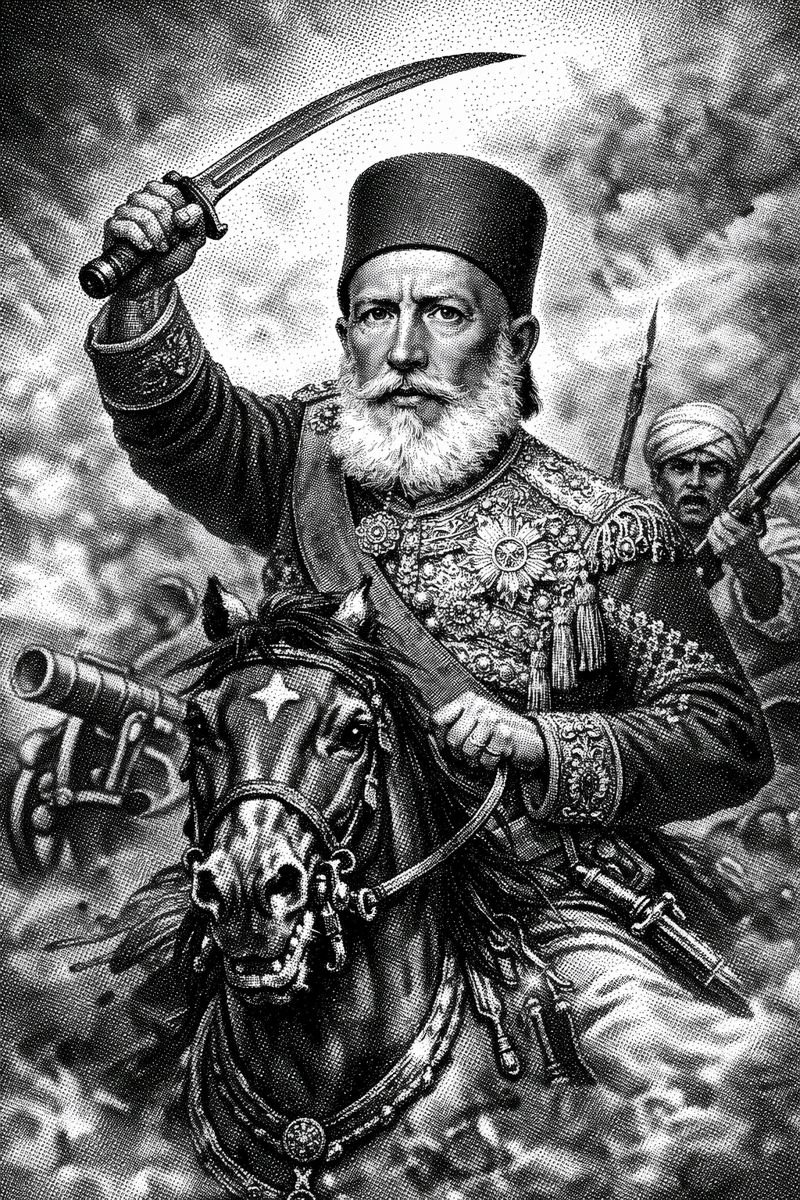
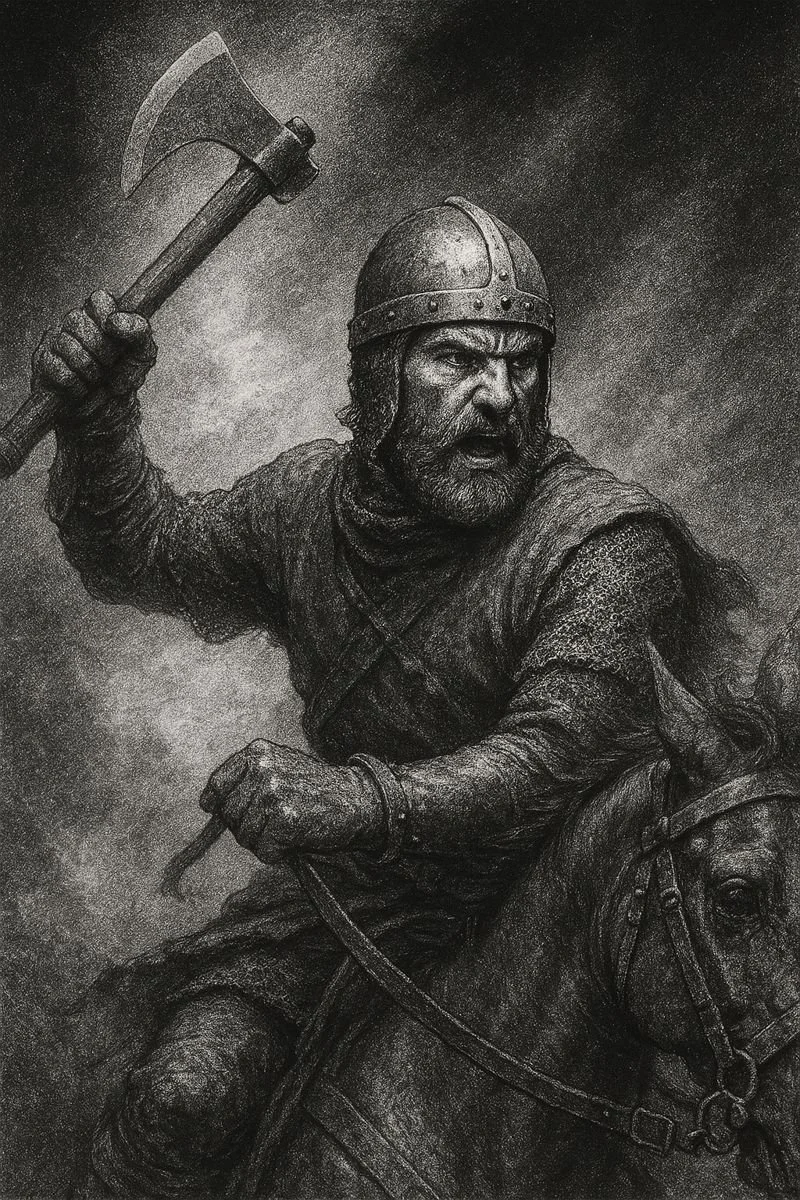
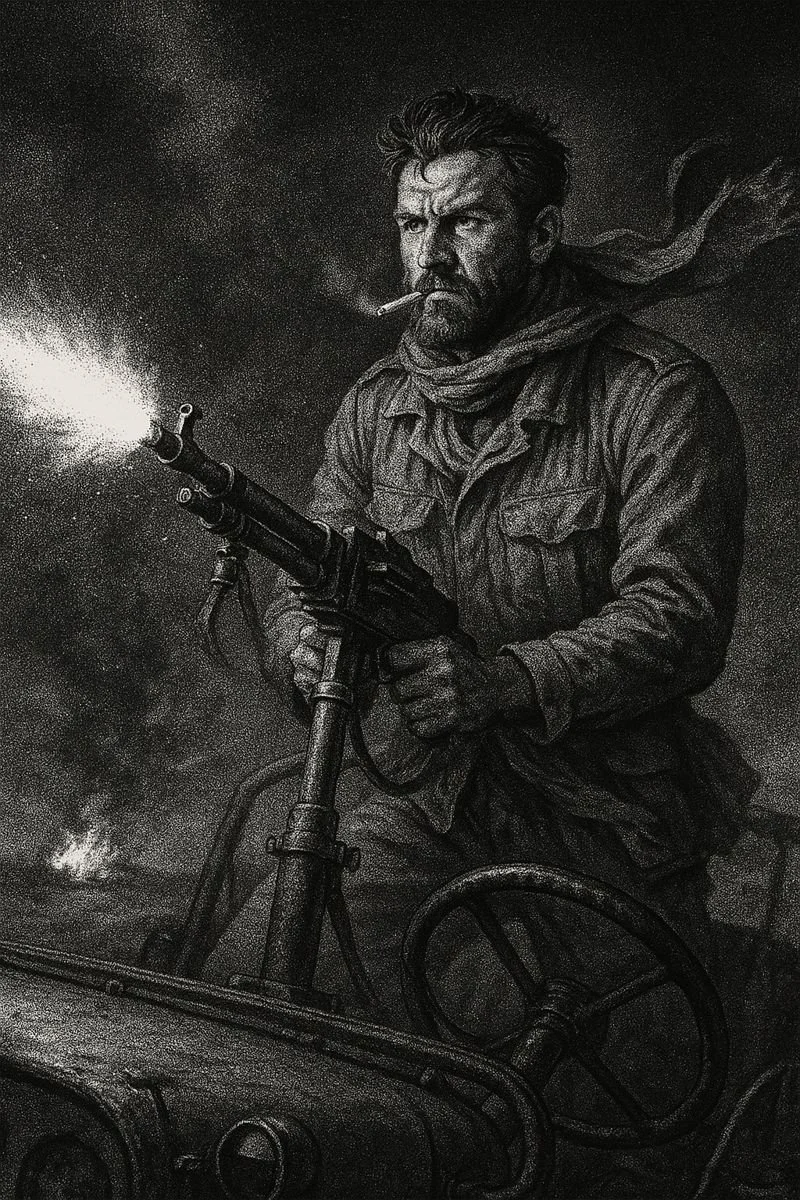
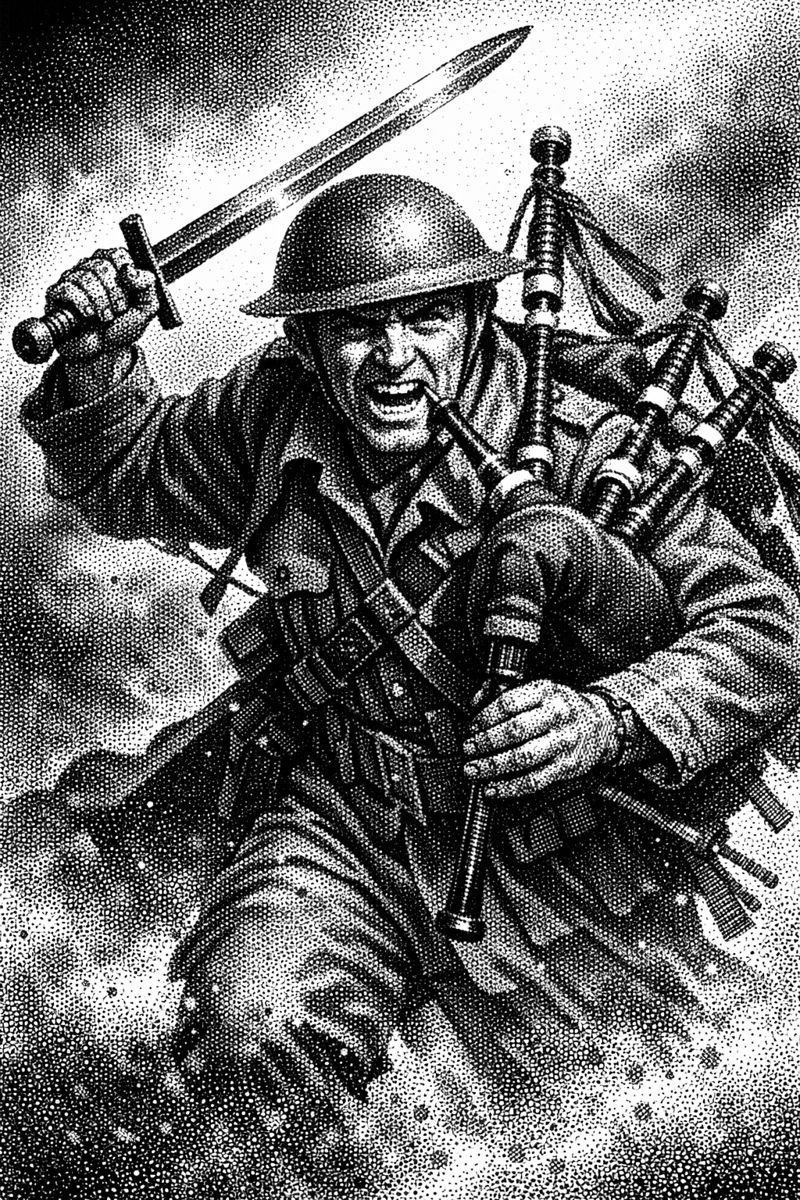
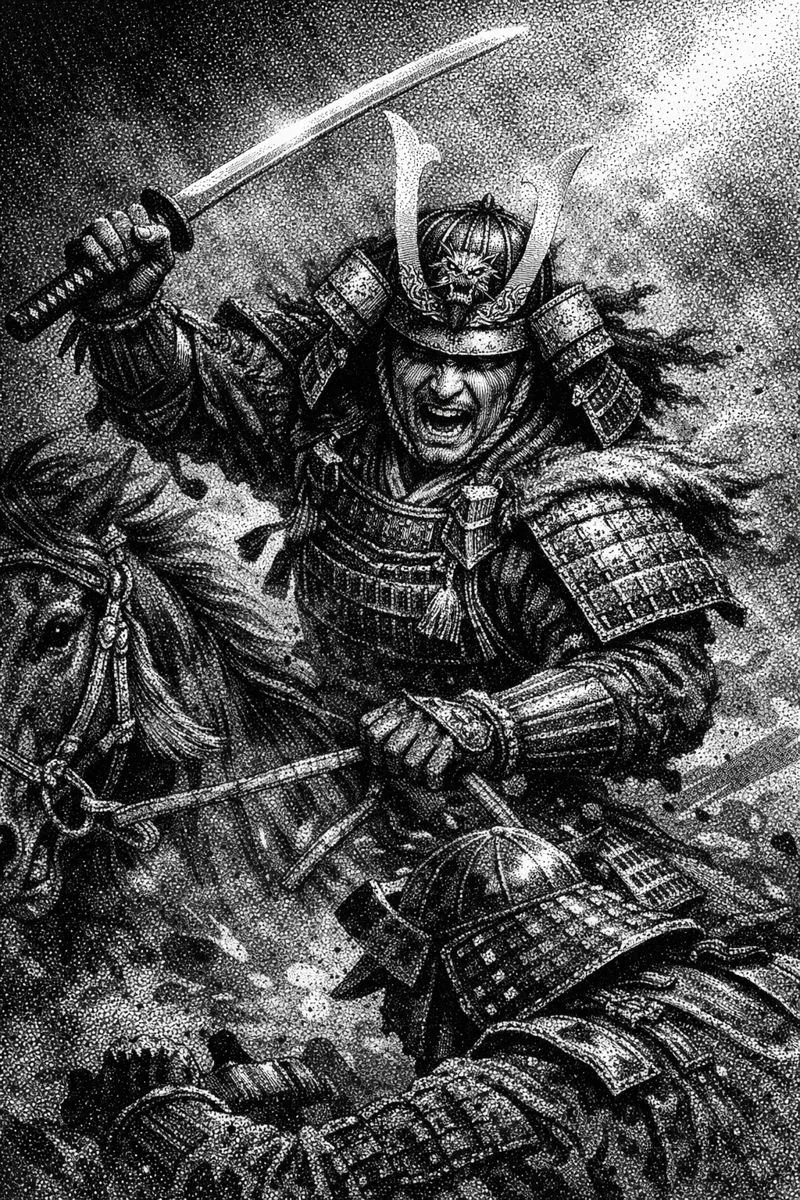

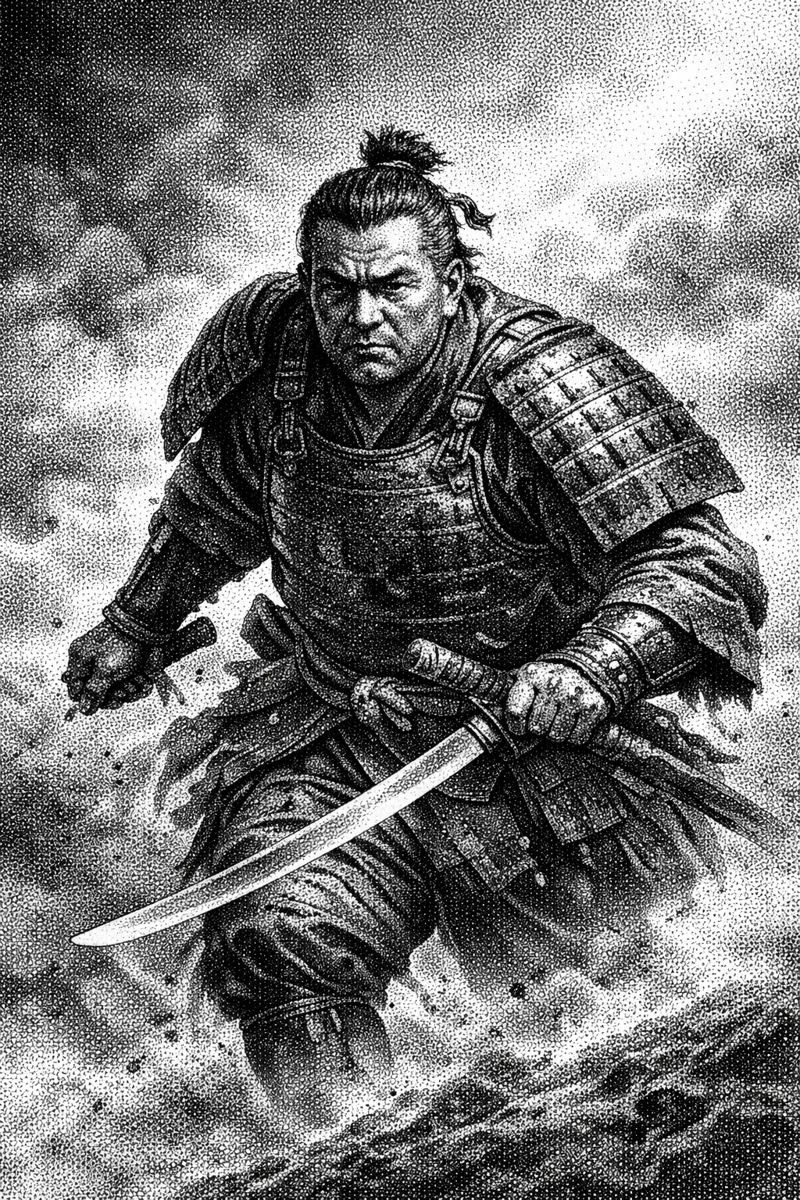

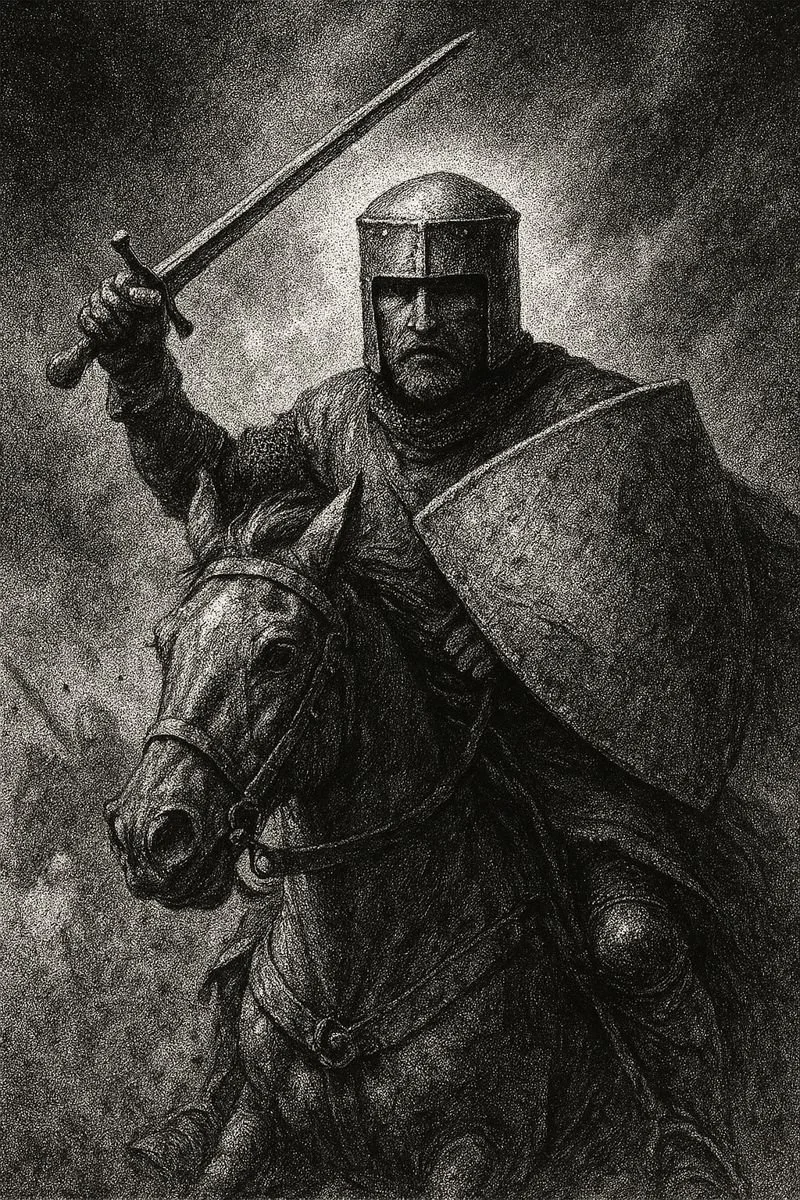


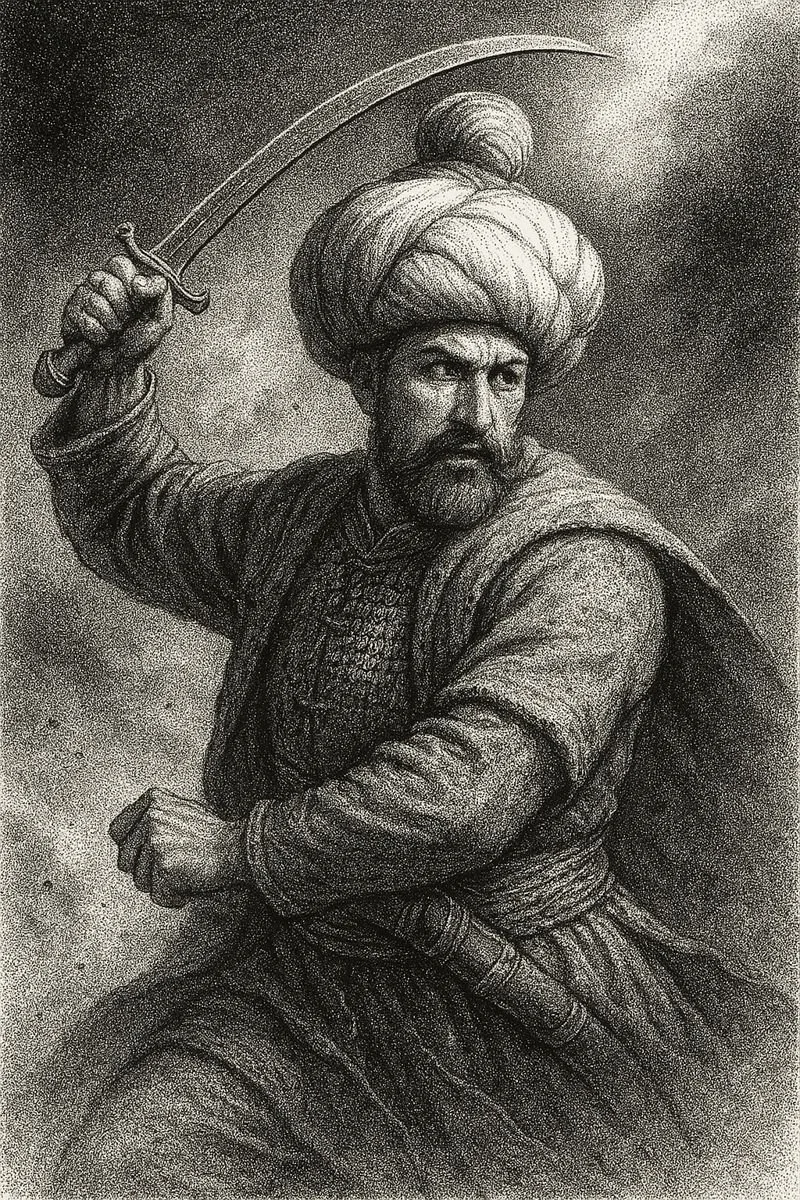
Charles XII of Sweden was a warrior-king who personally led his armies through the Great Northern War, turning early victories into legend through ferocious discipline and reckless courage. His refusal to compromise or retreat ultimately shattered Sweden’s empire, leaving behind a mythic figure admired for bravery and criticized for destroying everything he fought to protect.
Rank - 125